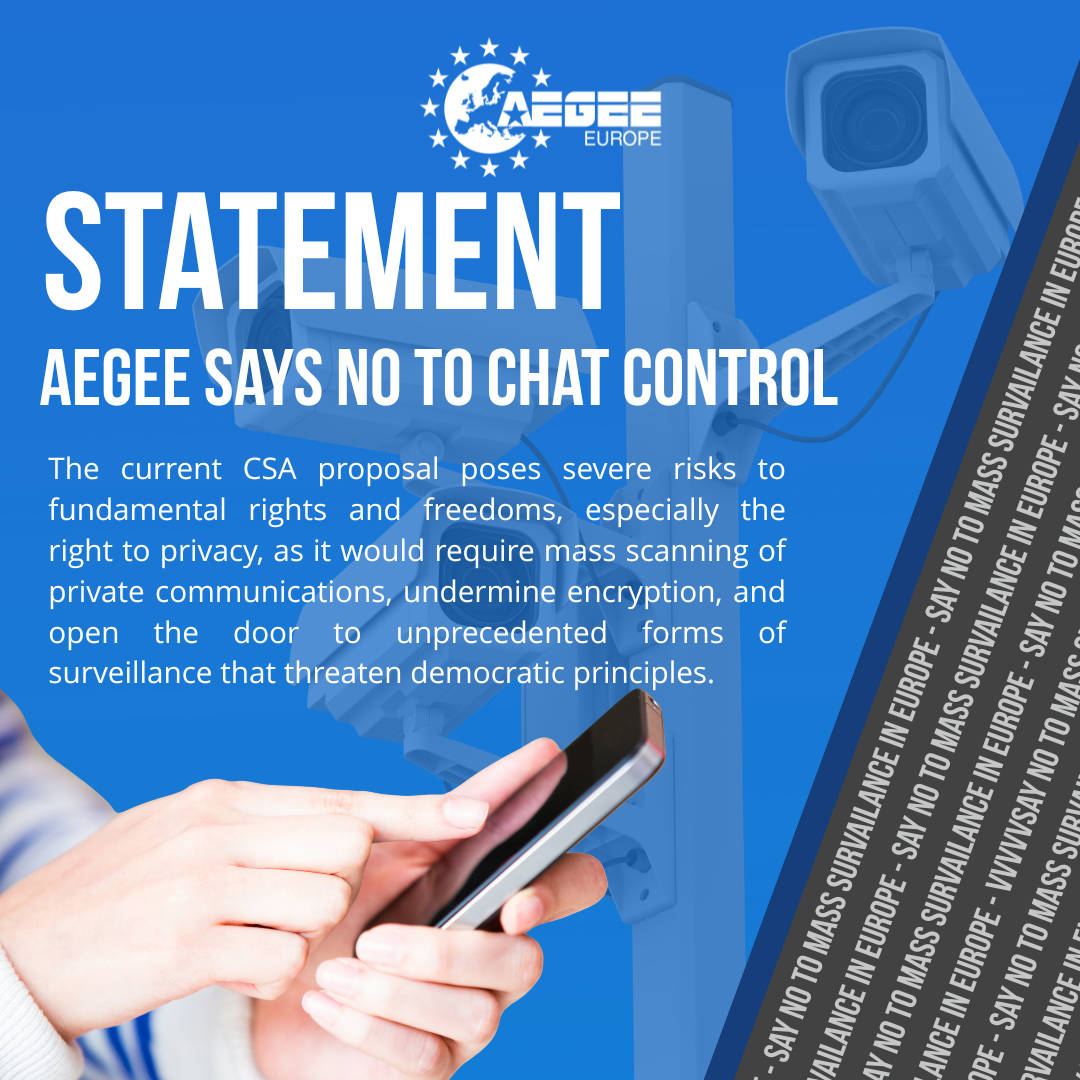EU Proposes Mandatory Surveillance of All Chats and Social Media
On November 14, 2025, the European Union (EU) is reportedly advancing a new legislative proposal aimed at implementing extensive surveillance measures across digital communication platforms. This initiative, referred to as "ChatControl 2.0," seeks to enforce mandatory monitoring of all text chats, emails, and social media interactions within EU member states. The proposal comes just a month after a previous version was rejected, raising concerns about privacy and civil liberties across the region.
Key Details
The new ChatControl proposal includes several significant measures that would affect all users of digital communication services in the EU:
- Total Mandatory Surveillance: The proposal mandates the surveillance of all text chats, emails, and social media communications. This represents a substantial increase in the level of monitoring compared to previous regulations.
- Obligatory Registration: Users will be required to register their identification, such as a national ID or passport, to access chat, email, or social media accounts. This requirement raises concerns about data privacy and the potential misuse of personal information.
- Minimum Age Requirement: The proposal sets a minimum age of 16 for users of chat, email, and social media applications. This age restriction aims to regulate access to these platforms but also limits the ability of younger individuals to communicate freely online.
Critics of the proposal argue that these measures infringe on individual privacy rights and could lead to a chilling effect on free speech within the EU. The legislative process for this proposal is particularly controversial because it may not require the votes of individual EU member states, potentially bypassing democratic scrutiny.
Background
The ChatControl initiative has been a contentious topic within the EU, with previous iterations facing significant backlash from civil rights organizations and the public. The initial proposal was rejected due to widespread concerns about its implications for privacy and civil liberties. However, the reintroduction of a more intrusive version has reignited debates about the balance between security and individual rights in the digital age.
As the EU continues to grapple with issues of digital privacy, similar situations have arisen in other areas of governance. For instance, recent developments in U.S. politics have seen discussions around surveillance and data privacy, reflecting a global trend towards increased scrutiny of personal communications.

Image for EU Proposes Mandatory Surveillance of All Chats and Social Media
What"s Next
The future of the ChatControl 2.0 proposal hinges on the response from EU member states. The only way to halt the advancement of this law is through a veto from individual countries. As the legislative process unfolds, civil rights advocates are mobilizing to raise awareness and encourage opposition to the proposal. The outcome will likely have significant implications for digital privacy rights across Europe and could set a precedent for similar legislation worldwide.
For ongoing updates on related coverage, including recent developments in political contexts that echo these privacy concerns, readers can refer to articles such as Trump accuses Democrats of pushing the Epstein Hoax again.

![[Video] Iranian security forces injure woman in Mashhad; death toll exceeds 3,000](/_next/image?url=%2Fapi%2Fimage%2Fthumbnails%2Fthumbnail-1768338642591-z7mptn-thumbnail.jpg&w=3840&q=75)
![[Video] Federal agents drop tear gas canisters from moving vehicles in neighborhood](/_next/image?url=%2Fapi%2Fimage%2Fthumbnails%2Fthumbnail-1768336360849-hrwza-thumbnail.jpg&w=3840&q=75)
![[Video] Protesters surround federal agents at Target in Minneapolis](/_next/image?url=%2Fapi%2Fimage%2Fthumbnails%2Fthumbnail-1768331517834-1384td-thumbnail.jpg&w=3840&q=75)



![[Video] Gunfire between Iraqi security forces and Sadr militias in Baghdad](/_next/image?url=%2Fapi%2Fimage%2Fthumbnails%2Fthumbnail-1768343508874-4redb-thumbnail.jpg&w=3840&q=75)
